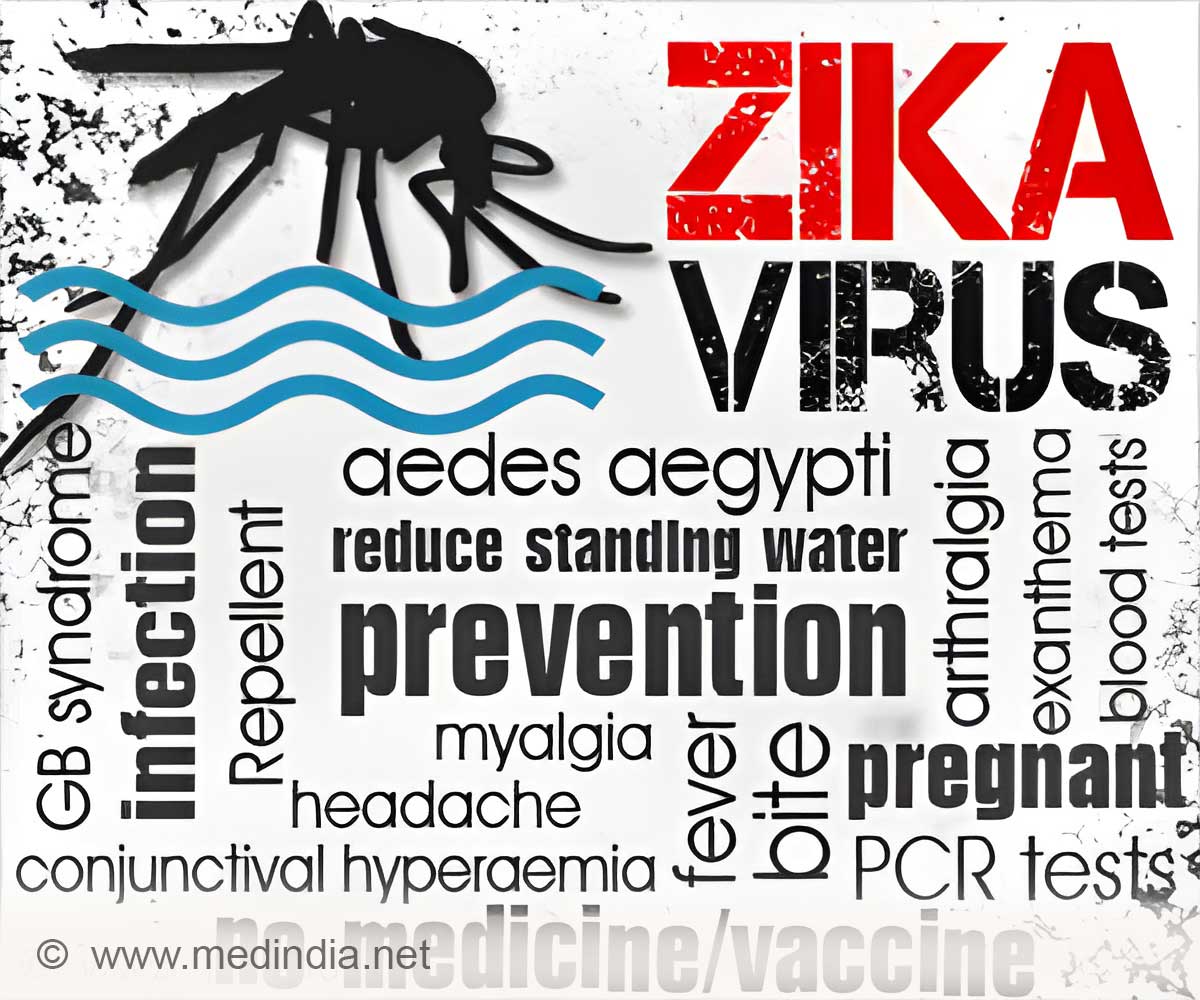
‘Once infected, people who recover from the Zika virus are believed to have lifelong immunity.’
Read More..Tweet it Now
"Fewer than one percent of cases were actually reported and it shows our surveillance systems catch only a small percentage of actual infections," stated the study's lead author Sean Moore. Read More..
"We need to think about how to enhance surveillance systems to get a better sense of transmission, particularly in cases of diseases that yield a high number of asymptomatic infections," says Moore.
The first confirmed Zika case in America was reported in Brazil in 2015, with the infection spreading swiftly, reaching as far north as Florida and Puerto Rico. In 2016, the World Health Organization (WHO) announced the epidemic of a Public Health, Emergency of International Concern.
The Pan American Health Organization, which assists as an international agency for America and as a regional office of the WHO, calculated symptomatic infections of Zika at over 800,000 between 2015 and 2018, a number far below the results of the Notre Dame study.
Moore's team predicted 132.3 million infections across Latin America and the Caribbean, having collected data from 15 countries and territories in Central America, South America, and the Caribbean with a combined 507.1 million population.
Advertisement
"Between 20 percent and 50 percent of infections are asymptomatic. Even when symptoms are present, they are mild and are not severe enough for a person to seek medical attention that can go undiagnosed," Moore added.
Advertisement
While cases have declined substantially since 2018, a remaining concern is a potential for future outbreaks.
"Our research recommends a need for a better understanding of how much transmission is happening within a community," stated Moore.
Source-Medindia











